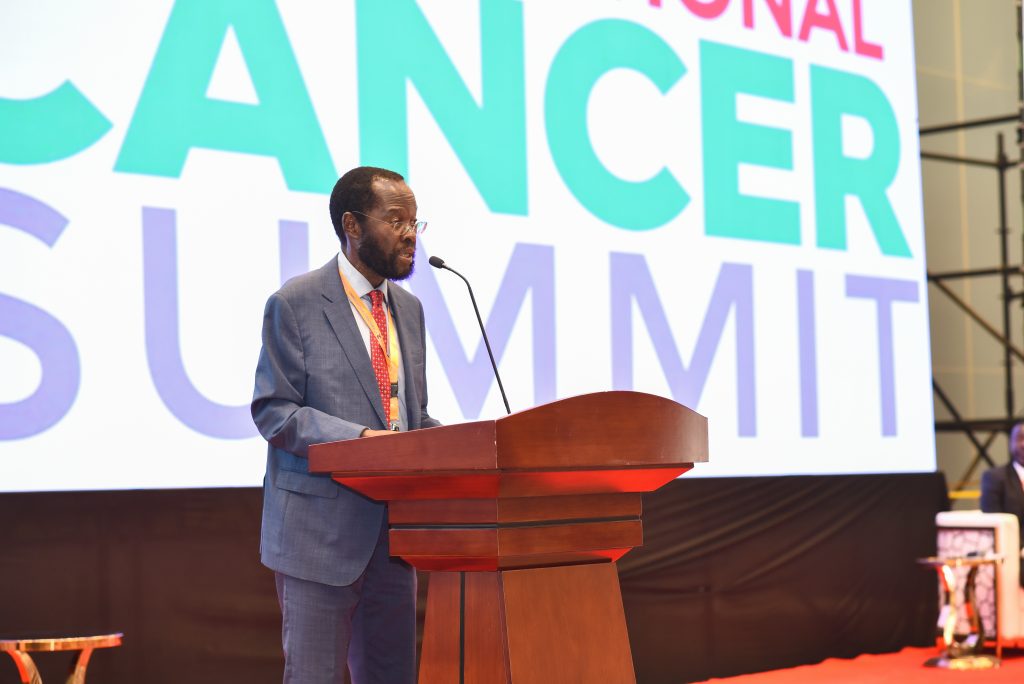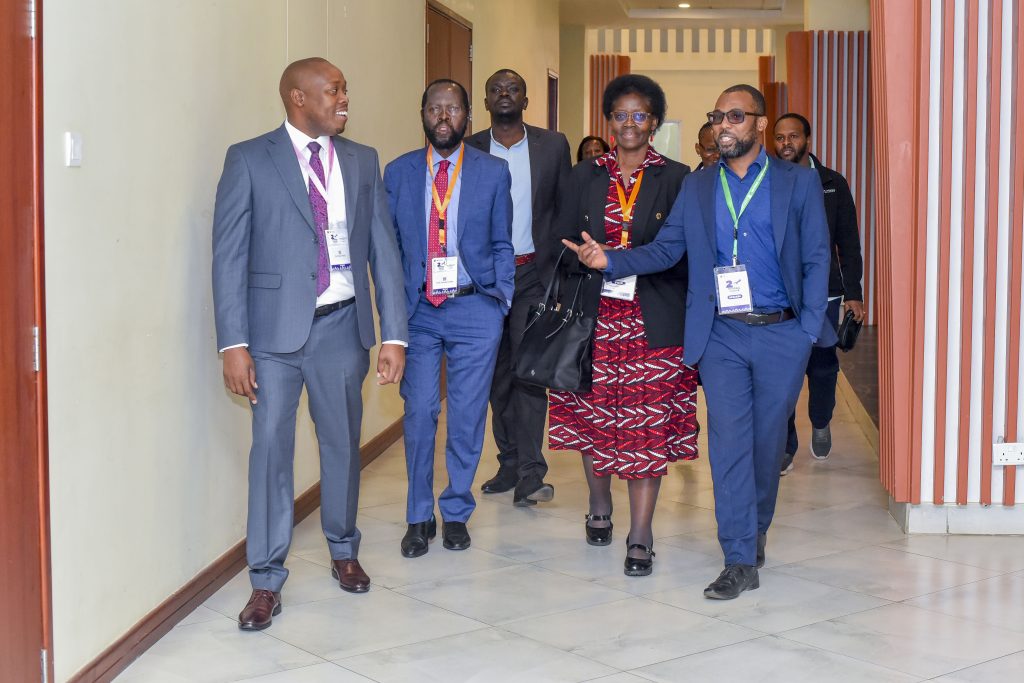We were honored to have H.E Governor Anyang’ Nyong’o join us for the 2nd National Cancer Summit ,a gathering that reflected a collective concern and a shared commitment to transforming the course of cancer care in Kenya.
In his address, Prof. Nyong’o highlighted that cancer remains the third leading cause of death in Kenya, following cardiovascular diseases. He emphasized that “the time for dialogue is now, but more crucially, the time for action is now.” His speech focused on moving from policy to practice and from intent to impact.

Prof. Nyong’o commended the National Cancer Institute of Kenya (NCI-K) for supporting the establishment of cancer centers beyond Kenyatta National Hospital and acknowledged KNH’s significant contributions to cancer diagnosis, treatment, and training. He also applauded the National Cancer Control Strategy (2023–2027) launched by the Ministry of Health but urged all stakeholders to ensure its effective implementation.
As the Governor of Kisumu County, Prof. Nyong’o shared how his administration has contextualized the national strategy to address local realities. He stressed that cervical and breast cancers pose urgent public health threats in the region, prompting the First Ladies of the ELRA region to take an active role in promoting early detection and screening.

Through strategic partnerships with organizations such as Sketa, the Africa Cancer Foundation, PEFA, the American Cancer Society, UNICEF, and other stakeholders, Kisumu County has rolled out a community-based cancer screening program aiming to reach every eligible woman within three years. These efforts have led to a significant increase in HPV vaccination coverage among girls aged 10–14, rising from 12% in 2022 to 38% in 2024. This success has been driven by community health workers, schools, nurses, and grassroots advocacy.
With the constitutional mandate for counties to deliver healthcare services, Kisumu County has digitized community health systems, recruited gynecologists and oncologists, and is progressing toward the completion of comprehensive cancer care centres.
However, Prof. Nyong’o acknowledged the persistent challenges facing Kenya’s cancer response, including:
.Limited diagnostic infrastructure in counties
.A shortage of oncology specialists
.Gaps in financial protection for patients
.Social and cultural barriers affecting care
He urged for greater public education, stressing the need to normalize conversations around cancer and treat it like any other disease. He called on stakeholders to remain committed to funding, staffing, equipping, and tracking the impact of strategies put in place.
Prof. Nyong’o concluded by encouraging the summit to serve as a catalyst for renewed commitment – not only to talk about cancer but also to treat it, prevent it, fund it, and, where possible, eradicate it.
Leave a Reply